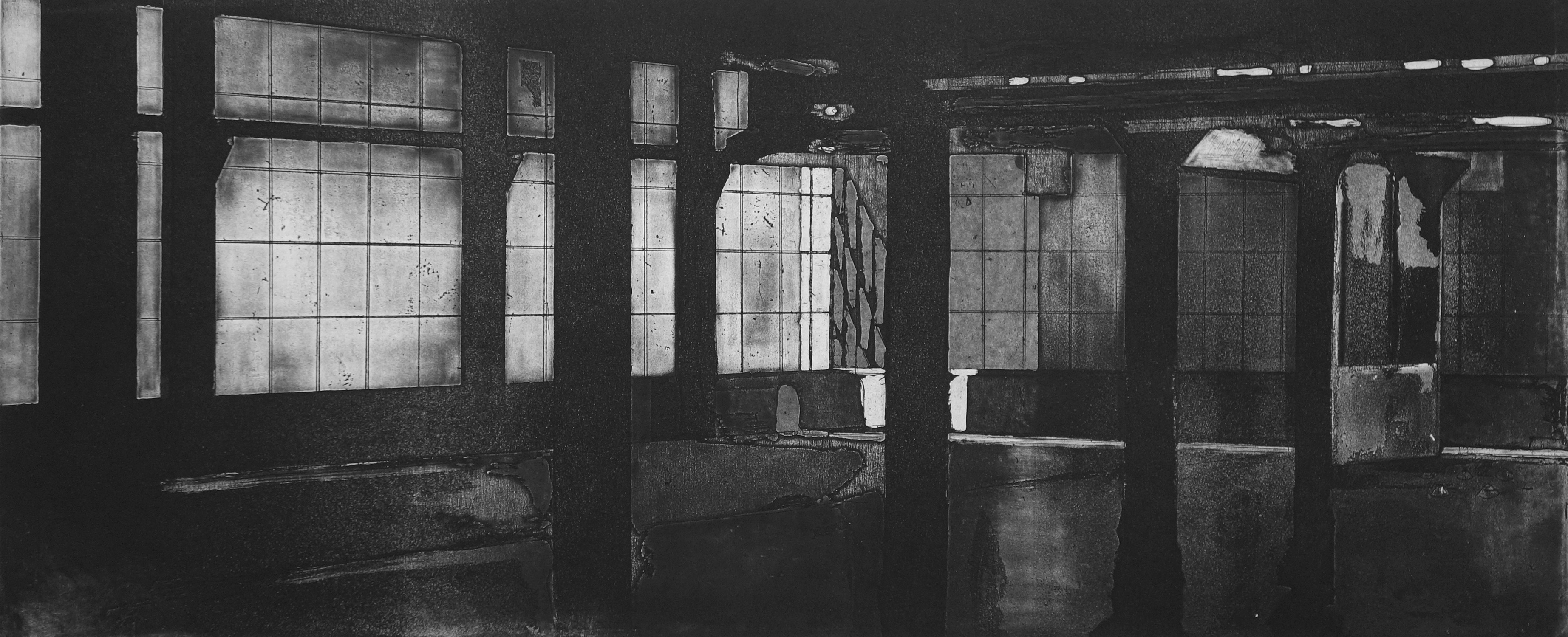An empty space, gaps in the system of houses and streets. Brownfield sites have become rare in Leipzig.
They arise where former production sites have lost their place and their significance. They are the bumpily furrowed, abandoned piece of land on which pioneer plants try out their skills, reestablish their state and attract roaming fauna and flora.
The view over a wasteland expands the view of the city. It is possible to breathe a sigh of relief. Crickets chirp. A thunderstorm can rain down. A wasteland gives the observer a space that he cannot find between the densely built-up streets.
But wasteland must be endured. The expanse, the freedom with which the vegetation reclaims the city, can be unsettling, can disturb if you are looking for something manageable. And it costs money. Where nothing stands, nothing can be earned.
In Leipzig, wasteland after wasteland is giving way to new buildings in the course of gentrification. In favour of penthouses and small, boxy townhouses.
This means that action can be taken. This brings order and the knowledge that this space is being utilised in the best possible economic way. But this new order can also be disruptive. Graffiti clearly and relentlessly expresses its opinion on the white and grey of freshly plastered insulation.
One of them gives this exhibition its name: "Your stalls are vandalism“
Marc Dettmann is an artist who not only incorporates the graphic effect and glowing traces of the sprayers into his paintings, he also shares some of their aesthetic messages.
When he gathers his works under the heading "Your stalls are vandalism", it can be disturbing, it is meant to be disturbing. Those families, for example, who want their townhouse to be a modern gem, a village, in the middle of the city. Those with lifts and roof terraces who pay off their loan every month for years on end. But Marc Dettmann is no misanthrope. Although people never appear in his works, they function as an empty projection surface for their viewers.
Marc Dettmann paints lost cityscapes, shows cities as dystopias. He calculates what disappears when only the price of the ground beneath our feet counts. He documents the lost views and axes before and when urban voids are built on. And he processes with palpable depth and irony how difficult it is for him to endure the hastily raised concrete.
words: Kathleen Kühn 2021
Translated with www.DeepL.com/Translator (free version)
Art Portfolios |
|||
|---|---|---|---|
| No portfolios available at the moment | |||


